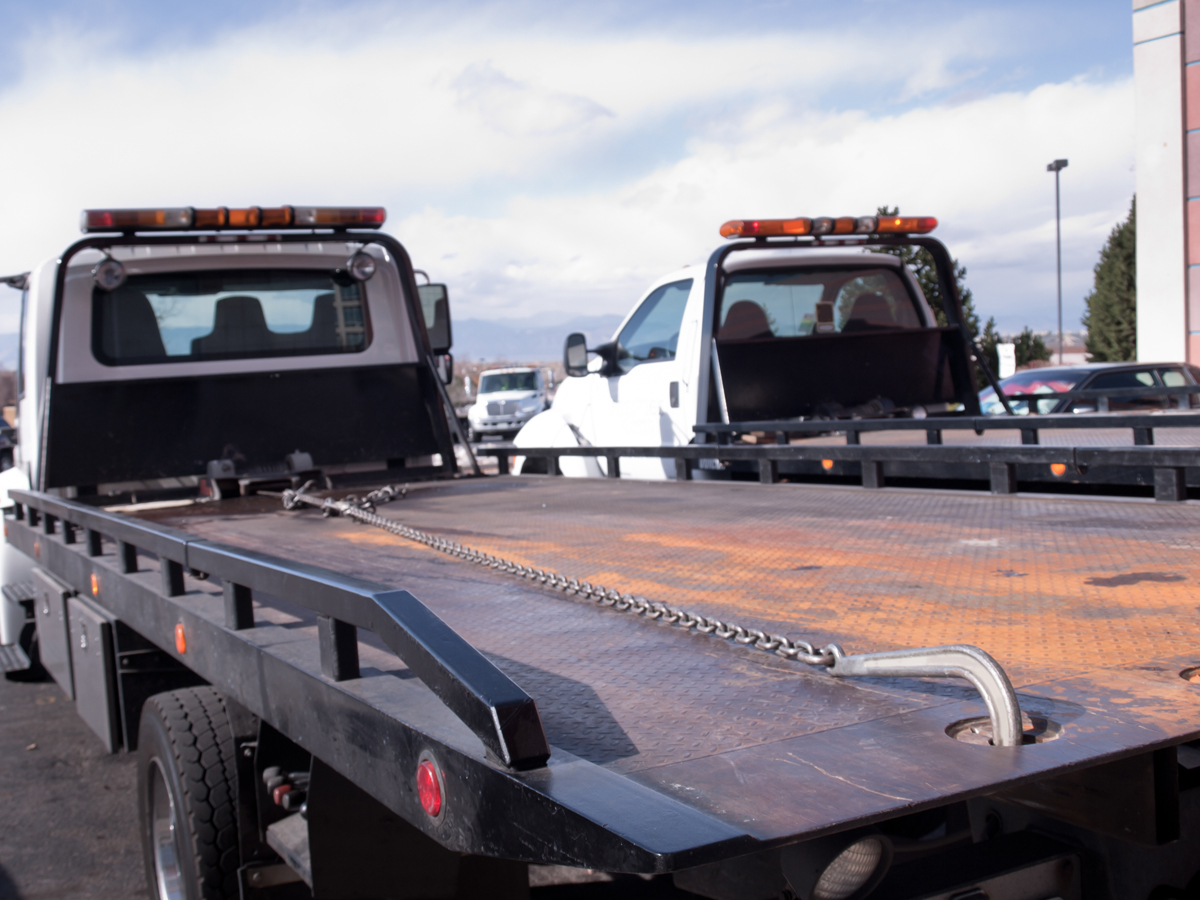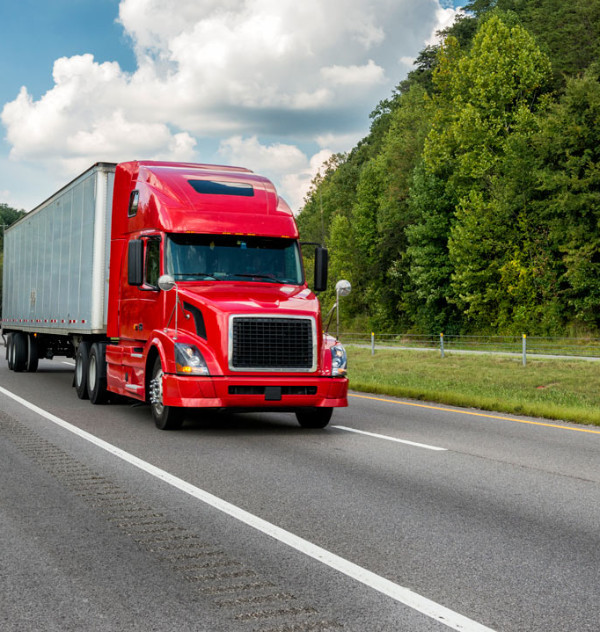Tow truck insurance is essential for anyone who owns and operates this kind of vehicle. Tow trucks are a necessary part of keeping our roadways clear and safe. They remove disabled vehicles, so they don’t remain obstacles for other drivers.
It isn’t an easy job and one that comes with risks. According to AAA, a tow truck driver is killed every six days. They are considered a type of emergency vehicle but aren’t always treated that way. This can put the truck and driver at risk while handling jobs on the road.
Starting a towing business takes a lot of money. A new tow truck costs between $50,000 and $100,000, with some models going much higher. Buying a towing license in most urban communities costs around $200,000. And then there are fuel costs, which have risen significantly this year.
Overhead expenses for things like power bills usually range between $5,000 and $7,000. And then there’s the cost of tow truck insurance.
Skipping the insurance may seem like a way to save money, but this can become a huge financial mistake. Even the safest driver can be in an accident. It’s impossible to know what will happen out on the road.
Tow trucks are very heavy, especially when they are loaded down with another vehicle. All that extra weight can lead to accidents if it isn’t properly secured and driven with safety in mind.
That’s just one more reason why you need to have tow truck insurance for your business.
What Kind of Companies Need Tow Truck Insurance?
If you describe yourself as a towing company, then you need tow truck insurance. Other related businesses may also need this type of coverage, including auto body shops and repair shops that need to move vehicles as well as roadside assistance companies and auction and salvage companies.
A good way to look at it is if your company offers towing, even if it isn’t your primary or most popular service, then you need to have coverage. A tow truck insurance company can review your information and suggest a policy that offers what you need.
What Kind of Tow Truck Insurance Do I Need?
As mentioned above, it is usually best to find a reliable tow truck insurance provider and talk to them about your specific needs. Different policies will provide different levels of protection. For example, if you own your company, then you may need a business owner’s policy. This includes basic coverage for just about everything.
A business owner’s policy should include property insurance for office equipment, supplies, and buildings. It should also have business interruption coverage that pays out if your business is damaged in a way that requires you to pause operations.
Basic liability is also a good choice, although tow truck businesses may want to pay for additional coverage like insurance for medical payments, garage service, physical damage, and tow truck liability.
On-hook tow truck insurance is important as well. This coverage will pay to repair or replace vehicles that are damaged while towing. This is for vehicles that you don’t own and will pay out if the car or truck is damaged due to explosion, fire, theft, vandalism, or collision.
Towing companies also need to have Workers’ Compensation insurance. This coverage pays if an employee becomes ill, injured, or is killed while on the job. Tow truck drivers have a high-risk profession that they must do in all weather conditions.
The Bureau of Labor Statistics reported that accidents are the leading cause of death for tow truck drivers. Experts estimate a rate of over 40 deaths per 100,000 workers. That is very high when you consider that other industries are usually around 3 deaths per 100,000 workers.
Having enough coverage to protect them and their families in case of an accident is a necessity. Make sure you have adequate insurance for your employees.
What Is Not Covered by Tow Truck Insurance?
It is important to understand the fine print when buying tow truck insurance. Some companies will only cover a manufactured tow truck and not a modified vehicle. Some companies use pickup trucks that have a hook welded on. These vehicles may be ineligible for coverage while others may be eligible but at a higher rate.
Also, keep in mind that on-hook tow truck insurance doesn’t cover damage to vehicles you or your business owns or any vehicles that are not hooked to your tow truck. It also won’t pay for personal injuries sustained by two truck drivers and passengers.
If you plan to store vehicles for customers, then also keep in mind that on-hook only pays when damage happens during towing. If you are storing vehicles, you need a garagekeepers policy. This provides coverage in case damage happens while someone else’s vehicle is stored on your property.
There is sometimes a little confusion because insurance companies in Texas and Virginia use the name “garagekeeper’s insurance” to describe on-hook coverage. If you operate in either of these states, then you need to also ask for “storage location insurance.”
Where Can I Get Low Rates on Tow Truck Insurance?
Finding low rates on tow truck insurance is easy. Just visit InsureTrucking.com and click the “Get a Quote Now” button. You can also contact us at 866-307-5480 with questions or to learn more about our insurance rates and coverage options.



